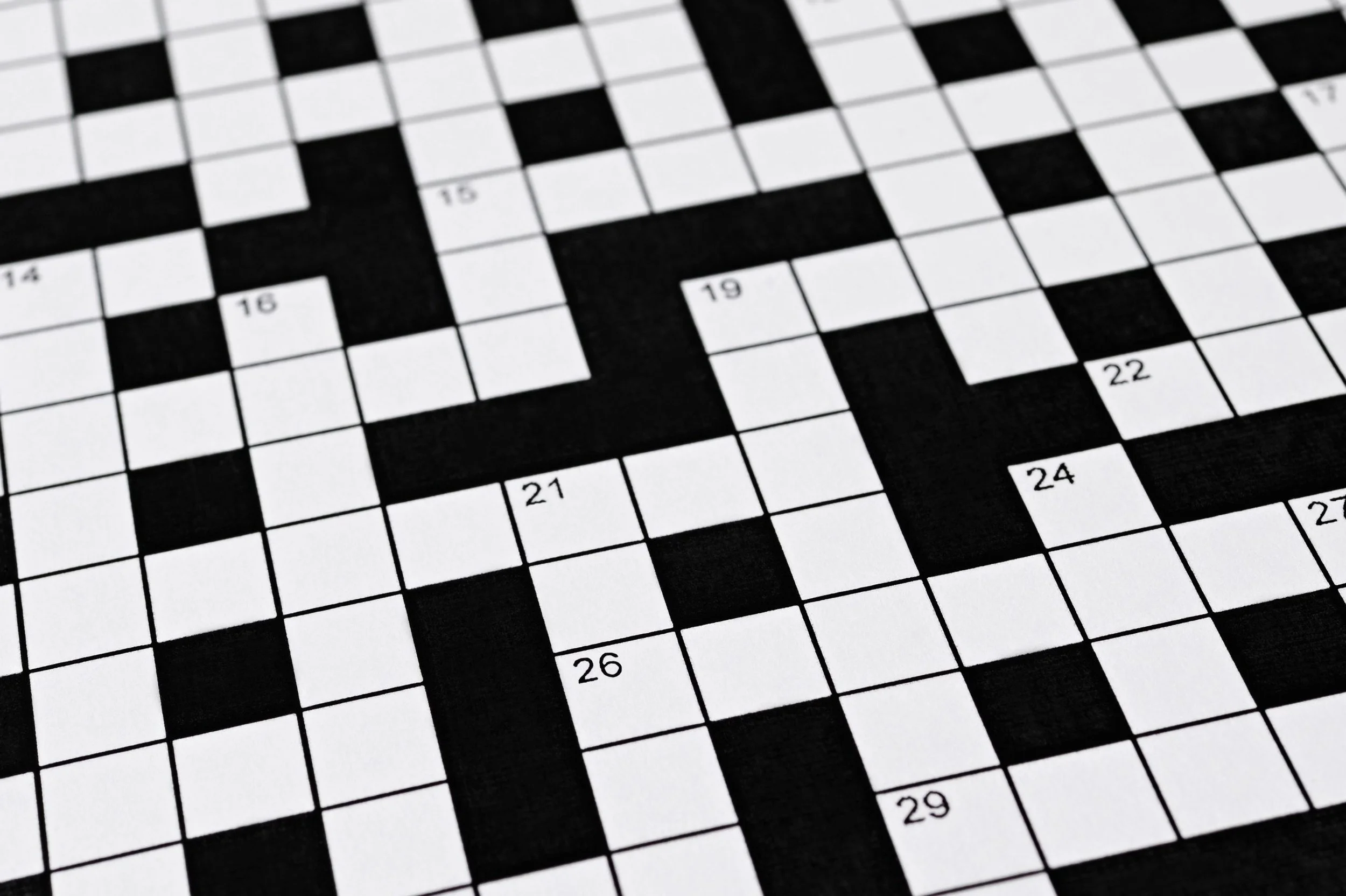How a Daily Telegraph crossword puzzle nearly stopped the invasion of Europe in 1944.
During World War II, the daily newspapers were at their most popular, even though they consisted of only a few pages. People throughout Britain could find out what was happening in parts of the world where our troops were engaging in the fight against Hitler and the Nazis.
At the beginning of the war, the news was mainly bad with the German Blitzkrieg advances through Europe. But as the years rolled on, the news slowly became better. And in October 1942, British morale was greatly bolstered by General Montgomery's famous success at El Alamein in North Africa. But it wasn't just the news that was eagerly sought in the papers. There were other matters of interest.
Nearly all newspapers had crossword puzzles in them, and they were very popular as they helped fill in the hours spent in the air raid shelters, waiting for trains, or simply engaging in the great British tradition of queuing. One of the popular dailies of the time was the Daily Telegraph, and so too was its cross word puzzle.
It was January 1943 that the British Prime Minister Winston Churchill and the American President Franklin Roosevelt met and agreed the future of the war must include an invasion of northwest Europe or a return to the continent. Planning for the invasion started almost immediately and after extensive research, it was decided that the sheltered Normandy coastline with its wide sandy beaches presented the best option for the surprise attack that was to be the D-Day landings.
The assault was cenamed Operation Overlord by Churchill himself. The US General Dwight D. Eisenhower was made overall commander of Operation Overlord in December 1943 with the British hero General Bernard Montgomery assuming control of ground troops. It was in early May 1944 that Eisenhower decided that D-Day would fall on the 5th of June 1944. A huge security blanket had been thrown over all aspects of the operation, including the place and the exact dates of the landings in order to maximize the element of surprise and minimize casualties.
One US major general was even demoted and sent home for simply speculating at a cocktail party on the date of the invasion. But while some members of MI5 Britain's counter espionage service were whiling away their spare moments in in May 1944 by doing the telegraph crossword, they noticed that vital code names had that had been adopted to hide the mightiest seaborn assault of all time appeared in the crossword.
They noticed that the answer to one clue, one of the USA, turned out to be Utah, and another answer to a clue was Omaha. These were the names given by the Allies to the beaches in Normandy where the American forces were to land on D-Day. Another answer that appeared in that month's crossword was Mulberry. This was the name of the floating harbor that was to be towed across the channel to accommodate the supply ships of the invasion force.
Neptune, another answer, referred to the code name for the naval support of the operation. Perhaps the most suspicious was a clue about a big wig, to which the answer was overlord. This was the code name given for the entire operation. Alarm bells rang through MI5. was a cross word being used to tip off the Germans. Two officers were sent immediately to Leatherhead in Surrey where a man called Leonard Dawe lived. He was the crossword compiler, a 54year-old teacher. Why? The officers demanded to know. Had he chosen these five words within his crossword solutions? Why not? Was Dawe’s reply.
Was there a law against choosing whatever words he liked? MI5 eventually became convinced of Dawes honesty and managed to convince them that he had no knowledge of the coming D-Day invasion. It appears these crossword solutions were perhaps just another one of life's astonishing coincidences.

